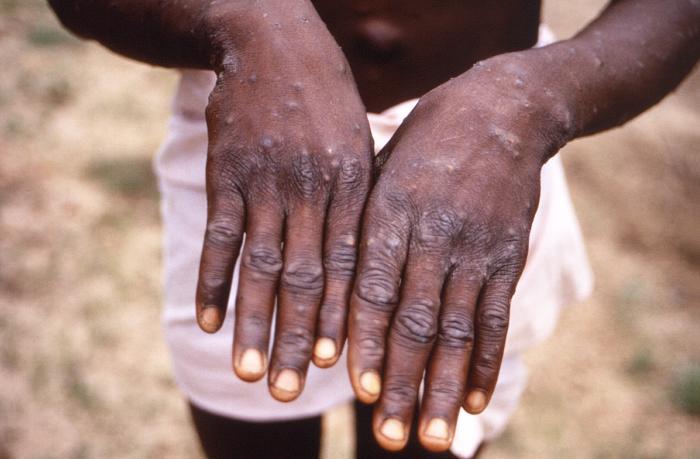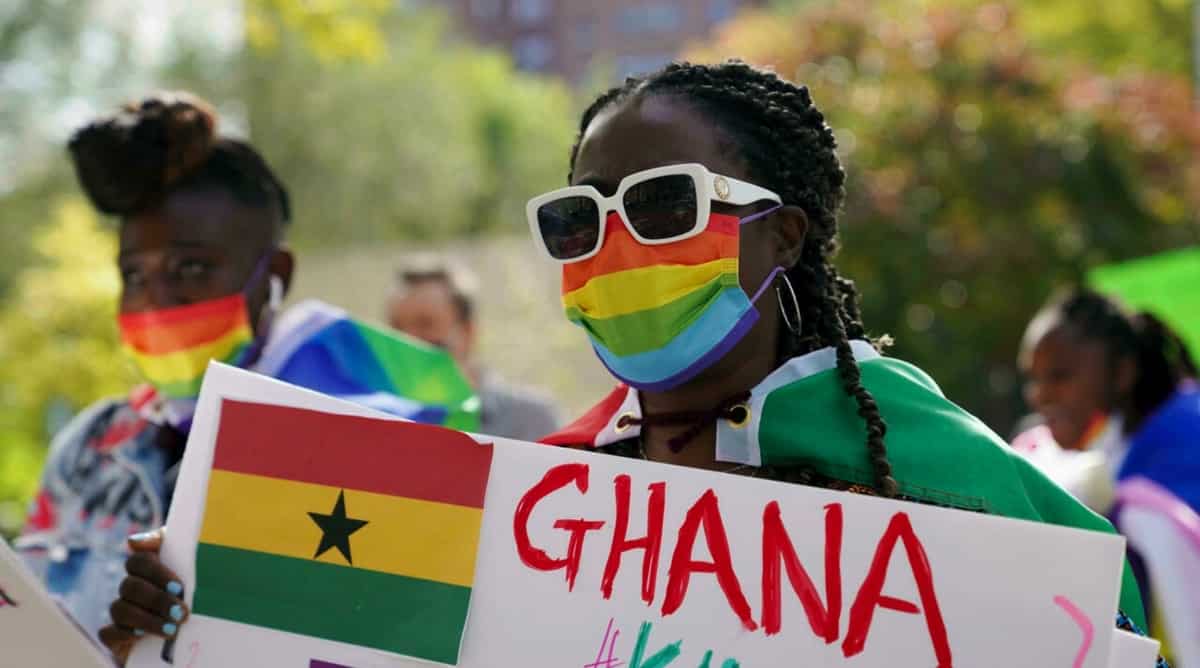Ghana has recorded its first death from Mpox since the virus was first detected in the country in 2022, according to the Ghana Health Service (GHS).
The deceased was one of several individuals who had contracted the disease as the country sees a steady rise in infections.
This marks the first time an infected person in Ghana has died from the virus, despite confirmed cases dating back to June 2022. At the time of the first detection, five cases were reported. Now, the GHS says the total number of confirmed Mpox infections has climbed to 257 as of July 22, with 23 new cases added in the latest update.
The case count has increased steadily over the past few weeks—234 confirmed cases as of July 18 (following 16 new detections), up from 218 on July 14, and 197 as of July 11. The GHS described the trend as gradual but manageable, urging the public to stay alert and adhere to safety measures.
Although most Mpox cases remain mild, health experts emphasize the importance of early medical intervention. The disease is primarily transmitted through close physical contact and commonly presents with fever, fatigue, swollen lymph nodes, and a distinctive rash.
In response to the spike in cases and the recent fatality, the Ghana Health Service is intensifying public awareness campaigns. Citizens are being advised to avoid direct contact with individuals showing symptoms, practice good hygiene, and seek prompt medical attention if symptoms arise.
Efforts are also underway to strengthen disease surveillance. Field officers and community health workers are working to quickly identify new cases and limit further spread. The government has also initiated talks with international partners to acquire vaccines and enhance preparedness.
One such effort has been the support from the World Health Organization (WHO) Ghana office, which recently donated essential PCR testing supplies. The reagents, handed over at the National Public Health Reference Laboratory, will significantly boost the country’s diagnostic capacity.
“We promise from our end to do our bit, collaborate, go out there, and look for the cases to make sure that this is really brought under control,” said Dr. Caroline Reindorf Amissah, Acting Deputy Director General of the GHS, upon receiving the donation.
WHO Country Representative Dr. Fiona Braka noted the donation was intended to enhance the country’s rapid response capacity. “We hope that these reagents will enable rapid diagnosis and prompt public health responses,” she stated. The supplies can process up to 3,400 suspected Mpox samples and include kits for clade determination in 625 confirmed cases.
Global Outlook on Mpox
Monkeypox was first identified in laboratory monkeys in Denmark in 1958. The first human case was documented in a nine-month-old child in the Democratic Republic of Congo (DRC) in 1970. Since smallpox was eradicated in 1980 and vaccination campaigns halted, Mpox has gradually become more common, especially in central, east, and west Africa.
According to the WHO, Mpox outbreaks have been regularly reported in DRC and reemerged in Nigeria in 2017. A significant global outbreak occurred in 2022, quickly spreading across Europe and the Americas and later reaching all six WHO regions.
In 2024, a more contagious lineage of the virus—clade Ib—began spreading in parts of East Africa, with DRC remaining the worst affected. Sierra Leone is also dealing with a fast-moving outbreak, driven by clade IIb, based on genomic sequencing data.
The WHO says that outside of Africa, Mpox continues to circulate at a lower but steady rate. “There continues to be a steady report of monthly cases (between about 500 – 1000 monthly) from all regions, mostly reflecting ongoing circulation of MPXV clade IIb among men who have sex with men (MSM),” the organization said following a June 2025 emergency committee meeting.
Mpox has twice been declared a public health emergency of international concern (PHEIC) by WHO Director-General Dr. Tedros Adhanom Ghebreyesus—in May 2022 and again in August 2024. The global health body continues to work with governments to improve outbreak response, vaccine access, and research into treatments.








